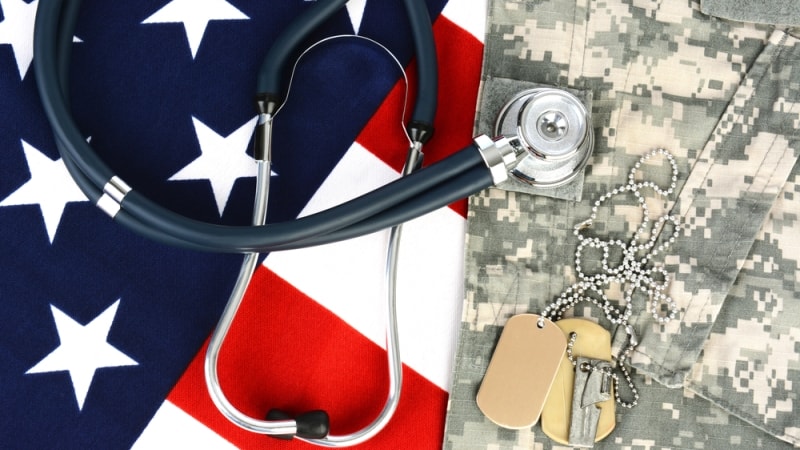
While the COVID-19 pandemic will continue to impact healthcare delivery to veterans well into 2021, the Department of Veterans Affairs (VA) and its Veterans Health Administration (VHA) component are already taking into account requirements for telehealth services when the pandemic abates but its mental-health impacts persist.
That was the message from Dr. Christina Armstrong, a clinical psychologist at VHA, who spoke at GovernmentCIO’s virtual health IT event on Jan. 28.
“In the nine to 10 months of the pandemic, I think we’ve done a good job, but there’s going to be a post-COVID time and we’re going to be dealing with the mental health effects of this for the next decade,” Armstrong said. “So, our work is not over,” she said. “We are just ramping up our efforts to support veterans.”
Part of that task of continuing to grow healthcare services for veterans – particularly mental healthcare services – involves increasing adoption of new services and making sure that patients have options. And making sure that healthcare providers for the VA are trained up adequately also will be key for handling fallout from the pandemic.
“It really is about meeting the patient wherever they are at and if they want to receive care at their home, then hopefully now we’ve kind of reduced the stigma around that in terms of staff thinking ‘well that’s not the same, it’s not going to be the same level of care,’” Dr. Armstrong said.
“Now we see we can actually do quite a bit and the patients really liked it,” the doctor said. “So, I would really like to see an increased adoption.”
Further training on telehealth, Dr. Armstrong said, will be an important component to achieve the next stage of success.
“What we saw with the pandemic – everyone had to shift really quickly – and a lot of people were maybe not adequately trained in all the competencies necessary in the integration of telehealth,” she said. “A big part of what I’m doing is creating curriculum that we can push out to staff and make sure that everybody is adequately trained.”
